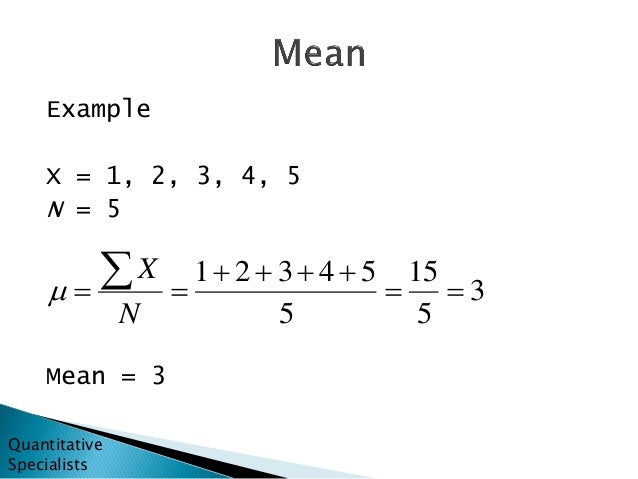


Our Readable founder Dave has a great example of his own: The paragraph is interesting isolated from the rest of the article but put into the context of the rest of the text, it’s simply irrelevant. “Your paragraph on the ethics of the True Crime genre is thought-provoking per se, but not pertinent to your article overall.” You can use ‘per se’ whenever you are describing something in and of itself. However, if you’re using it more formally, you will want to ensure you’re using it correctly. These misunderstandings are common in conversation, so you could be forgiven for using them. It’s also incorrectly used as in ‘so to speak’ - a kind of long-form bunny quote. The word ‘necessarily’ would be more appropriate in this instance. For example, “He wasn’t angry, per se, he just wasn’t happy about it”. Per se is misused when it’s used in place of perfectly good words such as ‘necessarily’. Notably, all of these words are in the semantic field of describing the nature of something, without taking its context into account. Looking at the synonyms of a word is a useful way to understand it more fully. ‘Per se’ is synonymous with words and phrases such as: ‘intrinsically’, ‘as such’, ‘in essence’, ‘by its very nature’, or ‘essentially’. We’ll cover how it’s often misused, examples of correct usage, and how to use it in a sentence. If you’re here, you can learn how it should be used so you can confidently use it in the future. However, luckily, it’s an easy mistake to correct. The misuse of the term is widespread, so it is an easy mistake to make. This is then subconsciously adapted by many people without fully considering the meaning.
-Step-7.jpg)
It’s a way for people to fill in gaps between ideas. It is often misused in everyday speech It has become a conversational buzzword. This means you’re taking something out of its context to describe it in its own right. ‘Per se’ is a Latin term which literally means, “by itself”, “in itself” or “of itself”. Find out the true meaning of per se and how you can avoid this easy mistake. ‘Per se’ is originally a Latin term which is commonly misused in English.


 0 kommentar(er)
0 kommentar(er)
